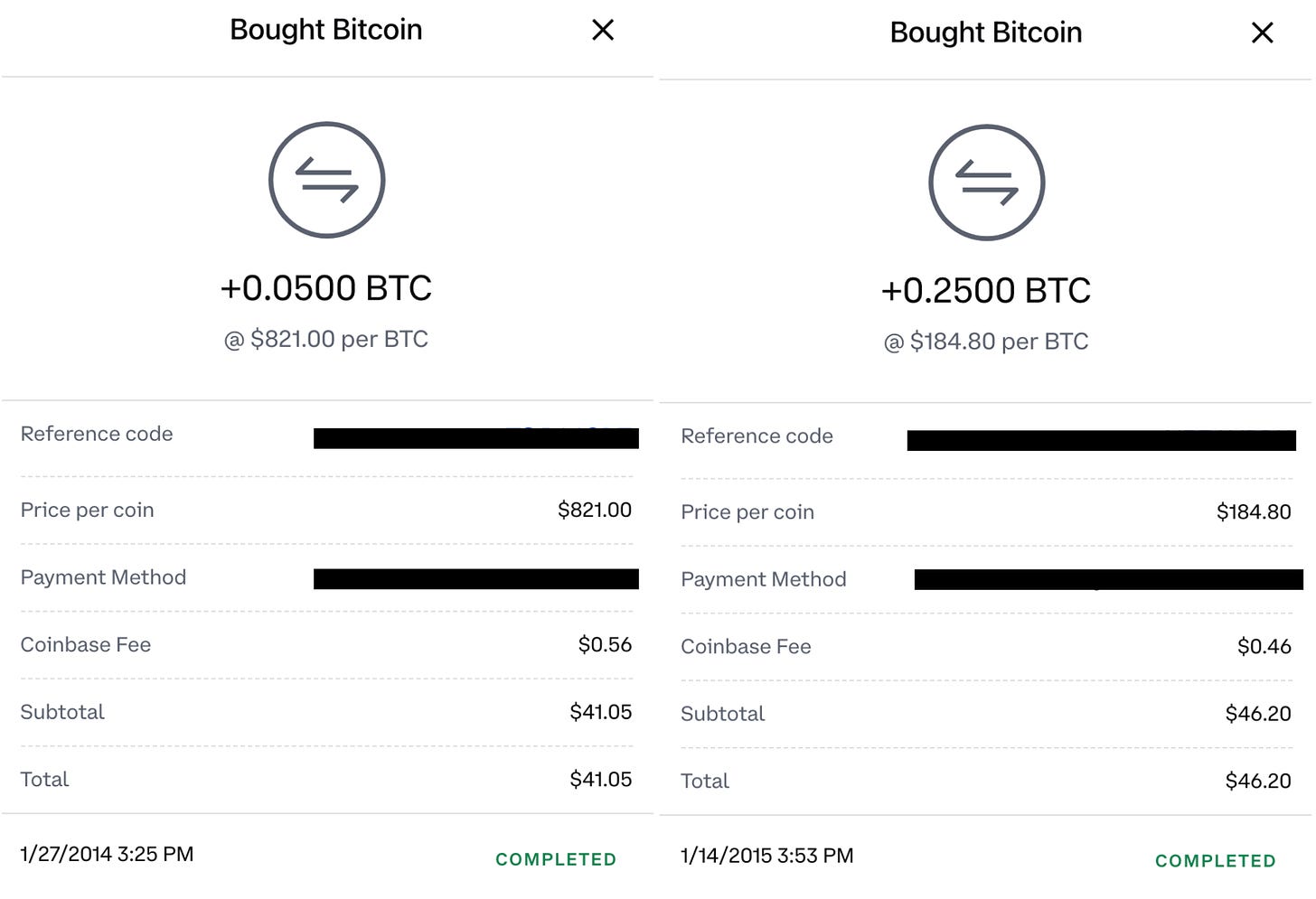The Origin Story of Web 1.0 and 2.0
How the internet nearly died — but survived to dominate modern life
On January 27, 2014, I made the second-biggest mistake of my investing life: I only bought $40 of Bitcoin. I tried to make up for it in 2015… but still only dropped $45. For those keeping track at home, every dollar invested in that second purchase would today be worth $310.
I don’t say this to imply that I’m a badass early adopter — I went to business school; as soon as I get involved it’s no longer “early” — but just to say that I’ve been tracking the movement now known as “Web3” for a long time. I started writing about blockchain professionally in 2017, founded my own blockchain startup in 2018, and kept myself well-informed through every boom and bust.
Through it all, the thing I’ve found most interesting is that blockchain is supposed to be a “trustless” technology, in that its records of even the shadiest activities are unchanging and irrefutable, and yet — nobody trusts blockchain. It’s still seen as sketchy, foreign, scammy, and so on.
In early 2019, I started writing a draft of a book to talk about this “trustless/distrusted” phenomenon, but it never quite got off the ground. I published it privately through a thinktank, generally never heard any response to it thereafter, and let it fade from my memory as the demands of my job grew to occupy 99% of my brainpower for the next ~3 years.
Two months ago, I posted the first third of that “book” as a blog post:
Today, I’m releasing part two: The Origin Story of Web 1.0 and 2.0.
Where the inventions of the 1890s took about 50 years to acquire their first 50 million users, the internet (and more specifically the World Wide Web) has allowed that kind of distribution to happen in hours. Mr. Beast, a popular YouTuber, just released a Squid Games recreation that has garnered over 100,000,000 views in four days.
But the growth of the internet wasn’t linear — in the dot-com crash, the internet very nearly died. This article tells the story of how it survived, and what its proliferation can mean for folks hoping to bring about Web3, the third era of the internet.
I hope you enjoy it!
-Christian





